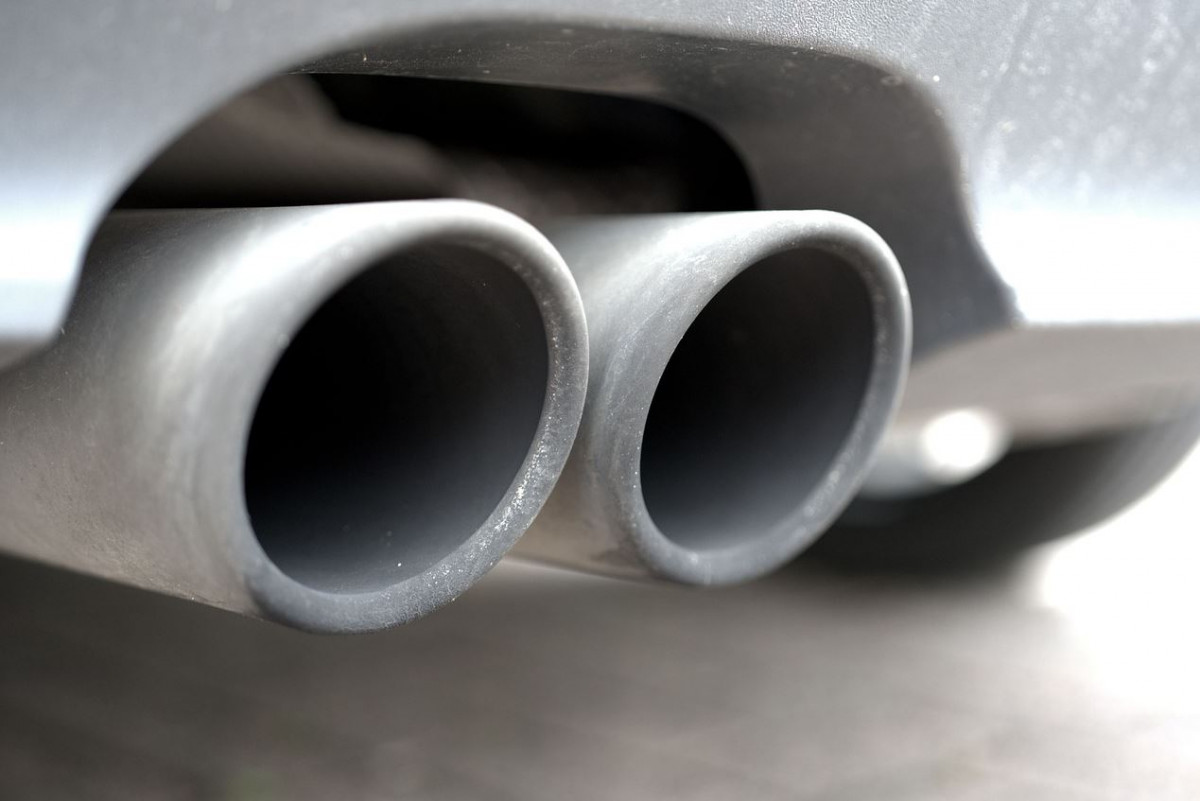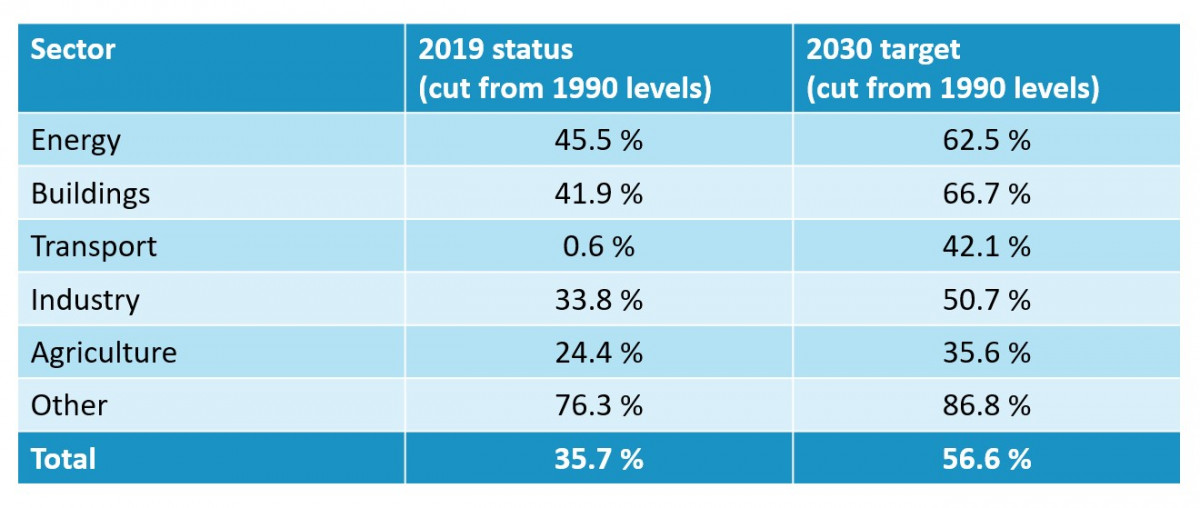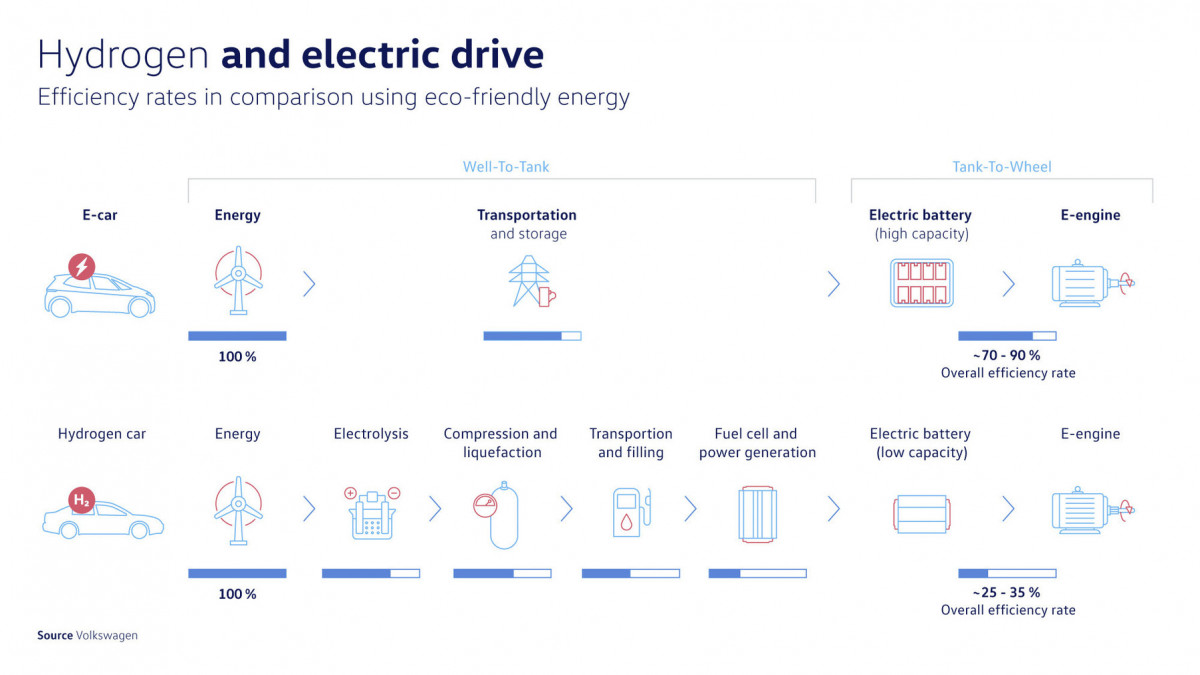German car industry commits to 2050 climate neutrality, insists on combustion engines
German car industry association VDA said it wants to achieve climate-neutral mobility by 2050. But following a fierce internal debate among the lobby group's members, the VDA rejected calls for a sole focus on electric mobility, and insisted that efficient combustion engines and synthetic fuels are also key to achieving climate targets.
"Our goal is climate-neutral mobility by 2050 at the latest -- in line with the Paris Climate Protection Agreements. We are ready," VDA President Hildegard Müller said in a press release, adding that the association would now draw up a Climate Strategy 2050 to implement the target.
"The rapid ramp-up of electric mobility is a clear priority for us up to 2030, especially for passenger cars and light commercial vehicles," Müller said. The industry will be investing over 50 billion euros in the expansion of electromobility over the next few years, she added. However, the association also said that alternative drives and fuels, such as hydrogen and e-fuels, "will also be part of the solution," because they can help clean up existing cars and complement electromobility. "All technologies are needed to achieve the goal," Müller said.
The VDA's statement represents a hard-fought compromise within the lobby group. Whereas VW and – to a lesser extent – BMW and Daimler now focus heavily on electric mobility in the race to become climate-neutral, the country's large supplier industry – which includes international heavyweights such as Bosch, Continental, and ZF Friedrichshafen – insists to pursue alternative technologies, especially hydrogen fuel cells and synthetic fuels made on the basis of renewable hydrogen.
Environmental NGO Greenpeace criticised the VDA's insistence on the combustion engine, arguing that the future of the car is battery electric. "Behind this lax commitment to climate protection, the German automotive industry is deeply divided," Greenpeace transport expert Tobias Austrup said. "Some are trying to accelerate the switch to climate-friendly e-cars, others want to keep the dying internal combustion engine artificially alive with dreams of obscenely expensive synthetic fuels."
Internal struggle over the combustion engine
The German government has already committed to becoming climate neutral by 2050. This goal will also require the mobility sector to achieve net-zero emissions by that date, but the VDA had previously refrained from committing to this target.
The VDA and its biggest member, Volkswagen (VW), have quarrelled for some time over whether combustion engine cars have a future. VW has opted for a battery-only strategy and has been highly critical of the VDA's insistence on remaining open to which technology will make the race. Europe's largest carmaker has also said that synthetic fuels based on green hydrogen would be "much too precious" to use for individual mobility.
The transport sector has moved into the focus of the country's climate protection efforts, given that its emissions have remained stubbornly high since 1990. Whereas emissions have dropped significantly in other economic sectors, transport emissions have remained broadly stable for decades as efficiency gains have been eaten up by rising car numbers, and a trend to heavier vehicles, such as SUVs.
According to Germany's existing climate targets, the transport sector will have to cut emissions by more than 40 percent over the next ten years (see graph). An increase of the EU's 2030 emission reduction target, which is currently under discussion, could result in an even more ambitious target for Germany's transport sector. Many mobility experts argue that achieving the 2030 target is only possible with a clear focus on e-cars.
Transforming car industry a major social challenge
Cleaning up the transport sector is not only a daunting task for the car industry, but also constitutes a major social challenge, given that companies in this sector employ more than 800,000 people in Germany. In contrast, the country's coal industry only employs around 20,000 people, which were a major hurdle to Germany's coal exit agreement.
Other fossil fuel industries also hope that synthetic fuels could be a lifeline for existing businesses and infrastructures. Earlier this week, the VDA, in a joint statement with other associations representing the oil, hydrogen, and engineering industries, heavily criticised the environment ministry for neglecting the option of synthetic fuels in the transport sector. A transition in the transport sector, and reaching 2030 EU climate targets, will "only be possible" with synthetic fuels, the statement said. "In the existing vehicle fleet with combustion engines, a rapid reduction of CO2 emissions can only be achieved with so-called e-fuels."
VW, many mobility experts and environmental groups argue that producing car fuel with renewables would be very inefficient due to conversion losses. They also say that green hydrogen should be reserved for sectors that are difficult to decarbonise otherwise, such as steelmaking and chemicals, and that its use in the transport sector should be limited to aviation, shipping and possibly heavy freight transport.
VW under its CEO Herbert Diess has embraced electric mobility more vigorously than any other major auto company in the wake of the “dieselgate” emissions fraud scandal, in a move hailed by green mobility advocates as a "game changer" for the industry.
The fight over the future of the combustion engine within the car industry already flared up last year, when Volkswagen threatened to leave the VDA due to their differing positions on the choice between purely electric cars and synthetic fuels for combustion engines. VW CEO Diess reportedly said at the time that the development and support of other propulsion technologies would only divert much-needed resources from the most important technology alternative.
But even within the larger Volkswagen Group, there appear to be large differences regarding the future role of combustion engines and synthetic fuels. In contrast to CEO Diess, Volkswagen's premium subsidiaries Audi and Porsche have both said they will continue to bet on these technologies. Audi said in July it will invest "massively" in the development of combustion engines, and Porsche said in October that the use of synthetic fuels in passenger vehicles could become a reality in about ten years' time.




